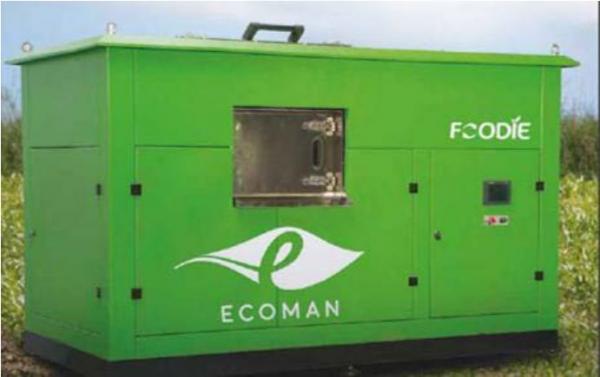Organic waste disposal trial at Robe

Digital Edition
Subscribe
Get an all ACCESS PASS to the News and your Digital Edition with an online subscription
Naracoorte Basketball results 23 February
NARACOORTE AND DISTRICT BASKETBALL RESULTS
U/10 GIRLS
Blue drew with Red. Blue point scorers – Willow Collins 4, Inji Temel 2, Keira McPhail 2. Red point...







